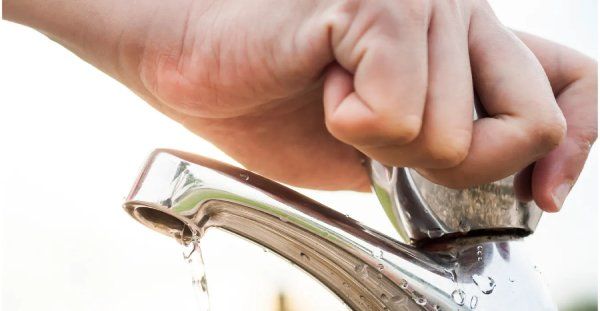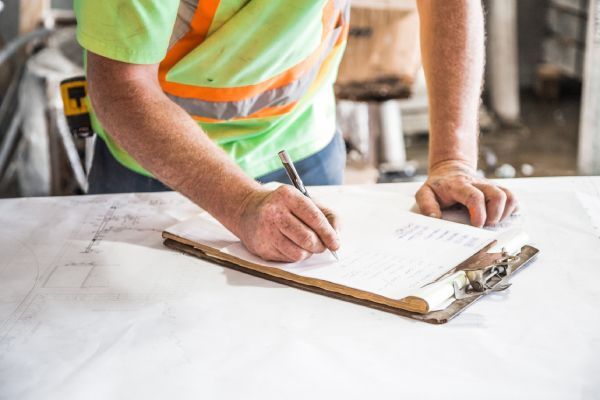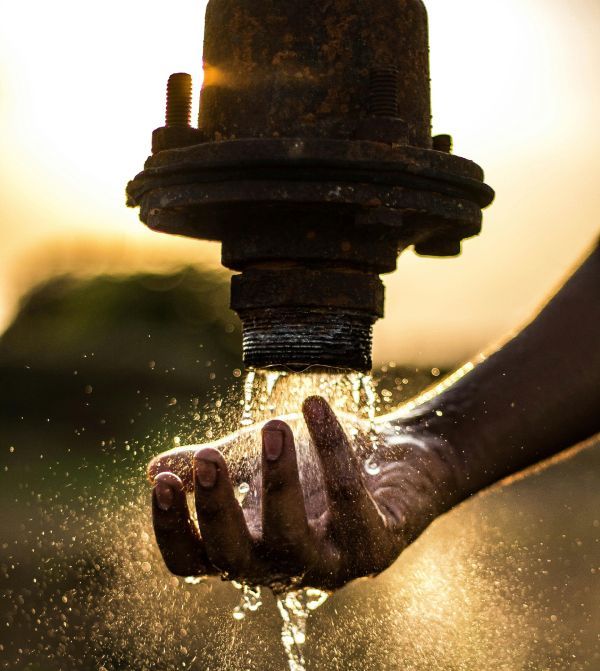Master Plumbers Blog
7 Things to Do in Case of a Plumbing Emergency
Once you’ve finally bought or finished building your home, it’s easy to get carried away by the excitement of reaching a significant life milestone. However, it’s important to keep in mind that this is only the first step. As a responsible homeowner, you should pay close attention to your home’s regular upkeep and maintenance.
For instance, in the US, plumbing issues accounted for 27.9 per cent of home repairs in 2019, according to Consumer Affairs. In most cases, these issues stem from hard water and the high risk of flooding in some areas.
Meanwhile, in New Zealand, water quality is generally not an issue. According to the country’s largest water utility provider, Watercares, tap water in New Zealand contains low amounts of salts and minerals. That being said, Kiwis aren’t immune to other plumbing issues like leaky pipes, tap water contamination, and sinkholes that damage the sewerage and plumbing systems of entire neighbourhoods. A report from The Post recently covered these plumbing woes of New Zealand residents and the steps the authorities are taking to address these issues.
If you’re one of these affected residents or a homeowner experiencing plumbing emergencies, what are the proper steps to take to address these unfortunate situations? In this article, we’ll look at what you can do so you don’t feel helpless during these types of emergencies.

1. Turn Off the Water Supply
No matter what kind of plumbing emergency you may be experiencing, the first thing you need to do is cut off the water supply to your house.
Find your water toby or the main water valve outside your home. More likely, it’s located within the property boundary. Check for a heavy-duty cover that may or may not be properly labelled as “Water” and turn off the valve. To ensure you don’t accidentally turn off your neighbour’s water supply, test your taps. The water should stop running after a few seconds.
If the leak occurs after an isolation valve, such as in the case of a leaky faucet or toilet, then simply turn off the isolation valve for that fixture. Ultimately, you want to avoid wasting more water and flooding your house.
2. Call a Professional Plumber in Your Area
Once you've shut off the water supply, it's time to call in the experts. Reach out to a licensed plumber in your area who specialises in emergency plumbing services. If you live in Dunedin, you can call professional
plumbers Dunedin residents and businesses trust. For emergencies, you can call Mains Plumbers. Our team is available 24/7 to deliver quality emergency plumbing services. The key is to act immediately to book an appointment so you can get on with your day without having to worry about not having water for the rest of the day.
3. Assess the Situation
While waiting for the emergency plumbers to arrive, take a moment to assess the severity of the plumbing issue and where the leak is coming from. The more information you can provide your plumber, the faster they can fix the problem.
Are plumbers necessary for every plumbing emergency? Not necessarily. However, attempting DIY repairs on complex plumbing issues may make matters worse. So, when in doubt, it’s better to wait for your expert plumber to take care of your plumbing citation.

4. Shut Off Your Water Heater
One of the most critical parts of your plumbing system is your water heater. This is the reason why you need licensed gas fitters to install your water heater.
All of this is to say that if you have a burst pipe, you need to turn off your water heater. You wouldn’t want hot water to accidentally scald your family or pets in the house. In addition, the accumulated heat may cause further leaks or break downs.
Most water heaters have a dedicated shut-off valve located near the unit; look for it and turn off the valve to stop the flow of water to the heater. This simple action can reduce the risk of flooding and electric shock.
5. Inspect Your Electricals
In case of a burst pipe, it’s important to check if any of your electrical outlets and appliances are drenched. If you see water reaching any outlet, turn off the main switch as a precautionary measure. This prevents electrocution or electrical fires. You also need to wait for appliances exposed to water to dry completely before using them. In doing so, you can avoid damage to the electrical components.
6. Drain Off Water in the Pipes
When you turn off the main water supply, there will still be some water left on the pipes. While waiting for the plumber to arrive, drain your pipes to make their job a little easier. Beyond this, draining the pipes can also alleviate pressure and lower the risk of further pipe damage. To drain your pipes, simply turn on all your faucets and flush your toilets.

7. Soak Up Excess Water to Prevent Hazards
Another important step to do before the plumber arrives is to clean up the water from the leaky or burst pipe. Use towels, buckets, or other materials to soak up excess water. This can prevent hazards such as slipping or electrocution.
Being prepared and knowing how to react in a plumbing emergency can help mitigate damage and minimise disruptions to your daily life. Follow these simple steps, and you’ll be on top of your plumbing situations quickly. Remember to seek professional and expert advice to address plumbing issues effectively and safely.





